Read the word.
Teach the word.
Preach the word.
- 1 Timothy 4:13
|
The scribes and the Pharisees thought they were righteous because they followed and endeavored to fulfill the law. But righteousness can’t be acquired by following and fulfilling the law unless you follow and fulfill all of the law perfectly. Jesus is the only person who will ever live a life of perfect righteousness.
The Bible says that we all fall short of following or fulfilling all of the laws all of the time. But right after that, it says that “all are justified freely by his grace through the redemption that came by Christ Jesus” (see Romans 3:21-26). In 2 Corinthians 5:21 it says, “God made [Jesus] who had no sin to be sin for us so that in Him we might become the righteousness of God.” This verse helps us to understand what Jesus was talking about when He said our righteousness must exceed that of the scribes and Pharisees. The entirety of the Bible is about God loving the world that He gave His one and only Son to live a perfect life to fulfill the law and the prophets and then to be the sinless substitutionary sacrifice for those who repent from sin and turn towards Him to receive from Him His righteousness. In Acts 8, we read that Philip preached Jesus to an Ethiopian official. Does that mean that Philip stood behind a wooden box and raised the volume of his voice? No—but it does mean that he opened his mouth and, from the Word of God, talked to this man about Jesus.
Erase in your mind the cultural definition of a preacher because all that this word means is someone willing to open their mouth and talk to someone about Jesus. When God sends a person by the power of the Holy Spirit to preach Jesus, you never know when or where that will happen—but God does! That’s the best part! He knows who He has been prompting and preparing—and then He sends YOU. And before you know it, you are speaking and telling others about Jesus. And just like that, another life is eternally altered and can be sent by God to preach Jesus to someone else. Before refrigeration, salt was the primary means of preservation. The use of salt stalled the process of deterioration or decomposition. This use of salt allowed society to grow and expand as it provided a way to transport food on long journeys. Salt was considered valuable because it was powerful.
Just as powerful is light. Light drives out darkness. You can go into a dark room and beat the darkness with a baseball bat—but despite all that effort, the darkness will remain. But if you simply turn on a light switch, strike a match, or light a lamp, the darkness is eliminated. When you live out the Beatitudes, you are the salt of the earth and the light of the world. You live in such a way that the watching world takes notice as you influence the people around you for the glory of God. Ministry can only be a work of the Holy Spirit and not of the human will. If it were up to the human will, we would be in a constant state of victim mentality. If ministry depended upon our skills, abilities, or strength, happiness would evaporate the moment persecution comes along.
And yet, Jesus told us that these things would happen. He said that persecution is part and parcel of ministry—and He said that we can be really happy when they inevitably do occur. So when we are persecuted for righteousness sake, we are not victims. We are more than conquerors through Him who loved us (Romans 8:37). We can face persecution and be blessed through it. We can survive it with the help of the Holy Spirit—for ministry can only be a work of the Holy Spirit. The heart of God is that all men and women would turn from their sins and find peace in Him. When this becomes our heart, we find ourselves as sons and daughters about our Father’s business, wanting to be found faithful to the task He has given us—testifying to the gospel of God’s grace.
We have the ministry of reconciliation from God, who has committed to us this message of reconciliation: God made Him who knew no sin to be sin for us, that we might become the righteousness of God in Him (2 Corinthians 5:21). This is the message we bring as ambassadors to as many as possible—that they might hear the good news and receive the gift of grace found in Christ Jesus, experiencing peace with God and the very peace of God. The Lord is our shepherd. He cares for us. He guides us. He provides for us. He serves us. He restores us. He protects us. And because He, as the Good Shepherd, laid down His life for us, we also have eternal life awaiting us!
When you are tempted to wander from His care, wonder how good our Good Shepherd truly is! Each of us has two lists at any given time—one list is of the things that we don’t have, and the other is a list of the things we do have. Unfortunately, our enemy is a master of tempting us to focus and to obsess on things we don’t have so we fall for his trap and ignore what we do have. But if we take a moment to honestly and thoroughly work through those lists, we will quickly find out that the list of what we have far exceeds the list of the things we don’t. David put it this way in Psalm 23: “My cup runs over.” Our cup is not half empty. It isn’t even half full. It’s more than full—it runs over! Why? Because goodness and mercy will follow us all the days of this life and we will dwell in the house of the Lord with Him forever! Is the Lord your shepherd? Can you make these claims about Him in your life? Maybe you’ve wandered from His care. Return to Him—He is looking for you! Cry out to the Good Shepherd—confess with your mouth that Jesus is Lord and believe in your heart that God has raised Him from the dead. The Bible says that if you do this, you will be saved (Romans 10:9). Ask God for forgiveness. Believe that Jesus died for your sins and that God raised Him to life. Trust Him as your Savior and follow Him as the Lord and Shepherd of your life. There is no separate class of believers who are in “ministry.” We are all in ministry if we continue to deny ourselves, pick up our cross, and follow Him. And if we continue to be His followers, He will continue to purify us—then we will continue to see God at work in us.
Consider this about all we have studied so far in the Sermon on the Mount. When we recognize our spiritual poverty, we get to see God’s power through our weakness. When we mourn over our sins, we get to see His grace. When we lean into meekness, we see Him as He defends us. When we let go of caring about what benefits or advances us and hunger for what’s right, we see God at work in us. When we find ourselves being genuinely kind to the unthankful and the evil without even a hint of the desire to defend ourselves without any bitterness, Jesus is purifying us and we get to see God at work in us and through us. As we continue to follow Him and as He continues to purify us, we get to see God! “Blessed are the pure in heart, for they shall see God.” (Matthew 5:8) If we want to thrive and not just survive in ministry, we must understand what being merciful to those who mistreat us is and what it is not.
Being merciful is relinquishing your right to retaliation or revenge. Being merciful is not being silent when sin is sin. Being merciful is being kind when communicating the correction of that sin. Being merciful is not being a doormat and enabling that sin. Being merciful is being kind to the unthankful and the evil. Being merciful is not being manipulated by the unthankful and the evil. Being merciful is the active portion of being meek (not being touchy or retaliatory). Being merciful is not being touchy or retaliatory but actively being kind to your enemies—especially to enemies as the result of doing the right thing in ministry. “But love your enemies, do good, and lend, hoping for nothing in return; and your reward will be great, and you will be sons of the Most High. For He is kind to the unthankful and evil. Therefore be merciful, just as your Father also is merciful.“ –Luke 6:35-36 “Blessed are those who hunger and thirst for righteousness,
For they shall be filled.” – Matthew 5:6 As we follow Jesus, our metric for making decisions changes. It changes from self-focused to selflessness. We no longer consider whether something benefits us personally or whether or not something advances our agenda, but rather simply whether or not it is the right thing to do. We hunger and thirst for this—whether or not a decision is right. We no longer take into account whether or not a decision personally benefits or harms us—because sometimes doing the right thing will cost us. Our whole metric for making decisions has radically changed! For a disciple of Jesus who continues to count the cost of discipleship, this isn’t a work of the human will. It is a work of the Holy Spirit. Only by the Spirit’s power can we have the attitudes Jesus defines in the Sermon on the Mount. What does it mean to be meek, and why is it important? First, meek does not mean weak. To be meek means to be gentle and patient, not given to anger or resentment—critical qualities to have in ministry.
Meekness is the God-given ability to patiently endure without being touchy or retaliatory, relying on God rather than ourselves against injustices. We are hard-wired in our flesh to be touchy and retaliatory. But when we look to Jesus, we never see Him take personal offense or become bitter with resentment. He was meek—gentle, patient, and secure. This attitude is necessary if we are to survive and thrive in ministry. Are you meek? It doesn’t come naturally—it is a work of the Holy Spirit, not of the human will. You can ask the Lord for meekness—He wants to give good things to those who ask Him. Come to Him regularly and ask Him to change and transform you by the Holy Spirit. We cannot enter into ministry pridefully as if anything on our earthy resume would qualify us for serving. Not only are we unqualified for such a task, we quickly realize that we are disqualified because of our sin. If our hearts are humble about this, we mourn.
This mourning forces us to realize that it is only because of God’s great mercy that we have any ministry at all. The Apostle Paul wrote about this in 2 Corinthians 4:1, “Therefore, since we have this ministry, as we have received mercy, we do not lose heart.” Yes, we are unqualified. We might even be the worst—the chief of sinners. And yet somehow, only in God’s mercy, He has called us to serve—so we do not lose heart. We can mourn over our sin while we receive comfort from the Lord. This is where true worship begins—at the intersection of the awareness of our own sin and God’s great grace, which is greater than our sin! Guilty, helpless, lost were we; blameless Lamb of God was he, sacrificed to set us free: Hallelujah, what a Savior! Blessed are those who recognize their spiritual poverty and let their misery help them to recognize their need for more.
However, how often do we arrogantly and ignorantly say, "Oh, how hard can ministry be?" So we plunge forward with our own meager and insufficient spiritual resources, refusing to recognize our spiritual poverty. Sure, we can still do ministry, but we will be miserable instead of blessed. To be blessed in the inherent difficulty of ministry, we need God's spiritual resources. When you recognize your spiritual poverty, don't just plow ahead in misery. Cry out to Jesus for the riches of His resources. He has promised to give us the Holy Spirit. "If anyone thirsts," Jesus said in John 7:37, "let him come to Me and drink. He who believes in Me, as the Scripture has said, out of his heart will flow rivers of living water." He said this concerning the Spirit, whom those believing in Him would receive. Let the misery in ministry help you realize that you are simply thirsty for living water—the unlimited resources of His Holy Spirit, who can empower us to be blessed even while enduring the beautiful difficulty of ministry. In Matthew 5, Jesus explains to His disciples what it looks like to follow Him as the King of the kingdom He has been talking about. He tells them what it will be like ministering with Him and ministering for Him in this kingdom. He clarifies what they might expect because His kingdom is unlike other kingdoms.
What is valued & rewarded in earthly kingdoms is not valued & rewarded in the kingdom of heaven. Being a disciple of Jesus will require some attitude adjustments as He draws His followers into deeper levels of discipleship. There are costs to being a part of this kingdom. Do you want to follow Him? Do you desire to get away with Jesus—to leave the multitudes and find a solitary place to spend with Him and learn from Him? Jesus wants to draw you into deeper levels of discipleship. He wants to release you from the way this world works and reveal His heart and the way His kingdom works. The stone was not rolled away to let Jesus out. The stone was rolled away to let the disciples in and to see that He had risen. We read of the specific experience of three disciples who believed that Jesus rose from the dead in John 20. Each of them came to this as Jesus revealed it to them differently. John understood and believed with his head. Mary understood and believed with her heart. And Thomas understood and believed with his hands. Jesus loved each of them and met each of them right where they were and they all believed.
Jesus loves you as much as He loves them. And there is a special blessing for those of us who have not seen and yet still believe (John 20:29). This is a gift of faith to those who have not seen but have heard God’s word. Faith comes by hearing, and hearing by the word of God (Romans 10:17). We have the word of the prophets made more certain (2 Peter 1:19). The angels long to look into these things (1 Peter 1:12). This is the word that we have the blessing to open week after week together and day after day individually with Him. These things were written to give you hope of the resurrection and to help you find faith in Him. He is the One who forgives you and loves you completely. He is the One who tells you the truth and gives you purpose. He is the One who was dead but is now alive forevermore! Of all the places that Jesus could have gone to call His apostles, He went to Galilee of the Gentiles and told fishermen to “Follow Me”. Galilee is not the place and fishermen are not the people you might expect God would select to change the world—and yet that is exactly the reason Jesus chose that place and those people!
God chooses the weak things of the world to shame the strong. He chooses the common and discarded things of this world so that no one can boast before Him. Jesus took these forgettable men from a forgettable place and spent time with them. They listened to His preaching and teaching. They heeded His warnings and followed in His way. And in doing so, they were changed forever! Jesus can do the same with you! He has called you to be with Him, to learn of Him, and to learn from Him. Spend time with Him—listen to His preaching and teaching, heed His warnings and following in His way. Spend time benefitting from His leading according to the mighty working of the Holy Spirit. After spending time with Jesus, you will be different! Light and life will have come where there once was darkness and death! Satan often turns times of testing into times of temptation by enticing us to take matters into our own hands and do the Lord’s work in our own way. But Jesus shows us how we can fight by faith to resist temptation.
To fight by faith we need the Holy Spirit, for we cannot rely on our strength alone to resist temptation. God promised that the Holy Spirit would bring back to remembrance all that He has said to us (John 14:26). The more you allow God to speak to you by reading His word, the more opportunity you give the Holy Spirit to bring back to remembrance all that He has said to you at just the right time in your time of need. That brings us to the next critical component in fighting by faith—the word of God. A specific scripture for a specific temptation is a wise way to fight by faith. The Lord is calling us to do the same. We can search the scriptures for something specific that applies to a trial or temptation so that when that trial or temptation comes, we are ready to fight by faith. Respond out loud if you have to! It might seem a little freaky, but that pales in comparison to how free you will be as you resist the devil. Finally, we need to take action when we fight by faith. James 4:7 says, “Therefore submit to God. Resist the devil and he will flee from you.” 1 Peter 5:8 says, “Be sober, be vigilant; because your adversary the devil walks about like a roaring lion, seeking whom he may devour.” When you face temptation, resist the devil, take your stand, and fight by faith! Thirty years of purposeful purity prepared John for one moment. The years of preparation poured over into preaching as he prepared the people for their Messiah. And the people responded—thousands came from all over to hear his preaching and recognized their sin and need for repentance.
The same happened to John when Jesus arrived. In the presence of the sinless Jesus, John could not compute how he would baptize Jesus. So John prevented it from happening (Matthew 3:14). The original word translated as ‘prevent’ means to utterly prohibit or forbid. From John’s perspective, Jesus’ request to be baptized is backward—if anyone needs baptizing between them, it's John. But Jesus put John’s mind at ease. He knew what John needed to hear—“Permit it to be so now, for thus it is fitting for us to fulfill all righteousness.” (Matthew 3:15) This was all that John ever wanted—righteousness. He wanted to prepare the way for the public, earthly ministry of The King of The Kingdom that was at hand. What better way to start than by being baptized? In doing so, Jesus acknowledged the ministry of John and publicly identified with sinful humanity, whom He came to save. John had a very unique call on his life. In order to fulfill that call, he needed to live a unique life. His entire life was preparation to be the preparation for the Messiah. To effectively prepare the way, he needed to be pure.
More than any man had ever before, John pursued purity. He pursued God in the solitude of the wilderness, surviving on wild honey and locusts. Thirty years of purity and prayer, spending time with God thinking of nothing else—until one day, the Lord told him to speak: “Repent, for the kingdom of heaven is at hand!” The sound of that message resounded in the hearts of thousands from the area who came to him in the desert to confess their sins and be baptized, desperately wondering what would happen next. John told them what to expect: the Messiah is approaching. He would baptize also, but not by submerging in water. He would submerge you, saturate you, and transform you in and by the Holy Spirit. His ministry would be the most important. Are you ready? Is your heart ready? He will be here any second. Repent—change your mind about your sin and let it go. Get your heart ready to receive what He is going to give. He is coming! Repentance isn’t something you must do before you can come to God. Repentance is what coming to God looks like. Repenting of sin is turning from sin and turning to God. Turning to God means you are turning from sin.
Think of it this way—if I say I’m driving today to Duluth, I may not also say that I’m leaving St. Cloud and driving to Duluth. But the only way I can drive to Duluth is to leave St. Cloud. Similarly, the only way I can turn to the Lord is to turn away from sin. This is repentance. This is what leaving sin and coming to God looks like. Does that mean that we will never sin again or that we won’t struggle with it? No. But it does mean that we never again desire to give our loyalty, time, attention, or devotion to sin. We now want to give God all of our loyalty, time, attention, and devotion. He will not leave us helpless in our battle with sin—quite the contrary. He has sent His Holy Spirit to help us by baptizing and burning away sin. The pain of holding on to sin is so much more than the pain of God’s help to release us from that sin. God’s holy fire burns away the sin in our hearts so that the awful impurities rise to the surface to be removed. Then God can see His reflection in a heart purely and wholly His. What does it mean to repent? Is it to feel sorry for your sin? Or to change your mind about sin? You could do both—and still not truly repent of your sin.
If you only feel sorry for your sin (or just sorry that you got caught in sin), and even acknowledge that it is sin, you cannot just declare repentance and then continue in that sin. True repentance is not merely a simple statement, a feeling sorry, or an acknowlement of wrong. It includes those things, but it is also turning away from your sin—the complete ceasing of that sin, renouncing of that sin, and having a humble hatred that sin. Repentance is not something that only happens at the moment of conversion. As Jesus gently and persistently reveals more and more of what He wants to remove from our lives, we respond humbly in genuine repentance. When we do, He replaces that sin with new and wonderful life-giving holy habits. This hopefully happens again and again as we follow Jesus and become more aware of sin in our lives. The town of Nazareth is where Jesus grew up. It was an unimportant country town with a reputation for nothing good. ‘Netzer’ is the Hebrew word that Nazareth comes from. It is a term of contempt, meaning ‘a sprout in the middle of death’. Netzer-eth. Jesus was called a Netzer-ene, dismissed as just another insignificant life surrounded by nothingness—an insignificant life surrounded by death. And yet, Jesus would be, was, and always will be, the giver of life. Jesus rules, reigns, and saves to the uttermost by the power of an indestructible life.
We see this concept in Isaiah 6, when God asks, “Whom shall I send? Who will go for us?” Isaiah says, “Here am I! Send me!” Then God describes what Isaiah’s ministry will look like: “You are going to go to people who have eyes but refuse to see ears but refuse to hear hearts that refuse to repent that they might turn to Me and be healed.” At this point, Isaiah asks an honest question: “How long?” God tells him the length of his ministry—until there is so much death and destruction due to sin it will be like an oak tree that has been cut down and is now a decaying stump. But, God tells Isaiah, in the middle of that stump, surrounded by death, will be My holy seed, My sprout—My Netzer, My Son. This describes the time surrounding the life of Jesus—death and destruction. Israel was no longer sovereign. Cut down, they were ruled and reigned by Rome as a consequence for their sin. They were just a stump, reeling from the rot caused by Herod. And yet this little life persisted. This little life surrounded by death was The Author of Life, who would one day lay down his life for the worst of sinners. Whether you are a vile and violent sinner like Herod or a religious sinner like Saul, who would be Paul, Jesus came to save you. All you need do is look to Him and be healed! Herod saw Jesus as a threat—not just to his throne and authority, but also to his sovereignty. More concerned with his own life than the value of human life, Herod attempted to eliminate the threat by murdering all the baby boys under two years old in Bethlehem and the surrounding area.
Herod did not believe in the sanctity of human life. But as followers of Jesus, we do. We believe that all men, all women, all children—all humans—were made in the image of God and therefore have value. The value does not come from our positions, or possessions, or any reason other than the fact that we are made in the image of God. More than that, every human life is sanctified, set apart for a good purpose to bring glory to God. Unfortunately, sin entered in to humanity and hindered us from fulfilling our God-given purpose. And so, Jesus was sent on a rescue mission to redeem all sinful humanity so that all who turn to Him and receive forgiveness from Him could return to their God-given purpose of glorifying Him with their human life. In order to do this, Jesus—the only innocent life—would need to lay down His life for us. There is no stain too deep that Jesus cannot completely cleanse. There is no sin so severe that Jesus cannot fully forgive. This is the good news of the gospel—that no matter what you have done, you can be fully forgiven! The substitutionary sacrifice of Jesus on the cross was fully sufficient to accomplish this. This great salvation is available to you right now! Simply confess with your mouth the Lord Jesus and believe in your heart that God has raised Him from the dead. The Bible says that if you do this, you will be saved (Romans 10:9). Repent (turn away from) you sin and ask God for forgiveness. Believe that Jesus died for your sin and that God raised Him to life. Trust Him as your Savior and follow Him as the Lord of your life. “And when they had come into the house, they saw the young Child with Mary His mother, and fell down and worshiped Him. And when they had opened their treasures, they presented gifts to Him: gold, frankincense, and myrrh.”
–Matthew 2:11 It was entirely appropriate and culturally expected that when you entered the presence of royalty, you brought gifts equal to their authority and majesty. And although no gift could ever equal the authority and majesty of God Almighty, the gifts the Magi presented accurately represented the ministry of Jesus. Gold speaks of His royalty. Frankincense speaks of His divinity. And myrrh speaks to His death. This was the ministry of Jesus: As the royal heavenly authority, He came as humanity to die for humanity in order to save humanity from their sin. Jesus was born not only King of the Jews, but King of everybody and everything. He is King of kings and Lord of lords. He is Immanuel—God with us. He is Jesus—God our salvation. The people Malachi delivered God’s message to were weary from worshipping the Lord. They wondered what they would get out of bringing God their best. In their hearts, they pondered what the point of worship is when evil people prosper and the more they worship Him, the more difficult life would become.
Have you ever felt that way—like worship is a weariness because you don’t get anything out of it? If so, remember this important truth: Worship isn’t for you. Worship is for God. If you view worship as a means to an end, you will become disillusioned and disappointed. We do not give to receive. And we do not receive to give. We don’t worship God to get things from God. We worship God because He is worthy of our worship always—every day and in every way, no matter the circumstances of our life. Just like the people who heard Malachi’s message, God continually calls us back to the heart of worship and reminds us that it’s all about Him, not a half-hearted religious routine. It’s all about a real relationship with Him. God is the One who knows the end from the beginning. So He knows just how bad things will get as more labor pains take place. But God is also the One who gave His one and only Son to save us from sin, death, and the grave. Jesus helps us look beyond all of the labor pains, knowing that no matter how bad things get, our King is still coming.
Sometimes, God allows temporary difficulty to help us to think about eternity. God will do the same during the tribulation in a much more amplified way. During that time, God is going to allow the most amount of human physical suffering that He has ever allowed. He will do this in a final attempt to gain the attention of people so that they might loosen their stiff necks, turn towards Him, and receive eternal salvation. Think of it this way: You see your friend walking on a railroad track with a train approaching. They don’t hear the train coming, but you can see it’s just a matter of moments before they are struck. You want to run to them, but there’s a fence in the way. You attempt to get their attention, but they can’t hear you. Would you pick up a rock and throw it at your friend to risk a little bit of physical suffering to save their life? Of course, you would! The temporary physical suffering during the tribulation—as terrible as it may be—will be nothing compared to an eternity of suffering beyond human imagination. Do not wait for a temporary difficulty to make the most important decision of your life—turn to God today so that He can save you now! |
From Pastor Dom...When I first gave my life to Jesus, there were friends in my life who helped me to grow in my understanding of God, through His word, and for those friends Archives
July 2024
Categories
All
|
Strengthened by grace is the Bible Teaching ministry of Pastor Dominic Dinger.©2022 - All rights reserved.
|










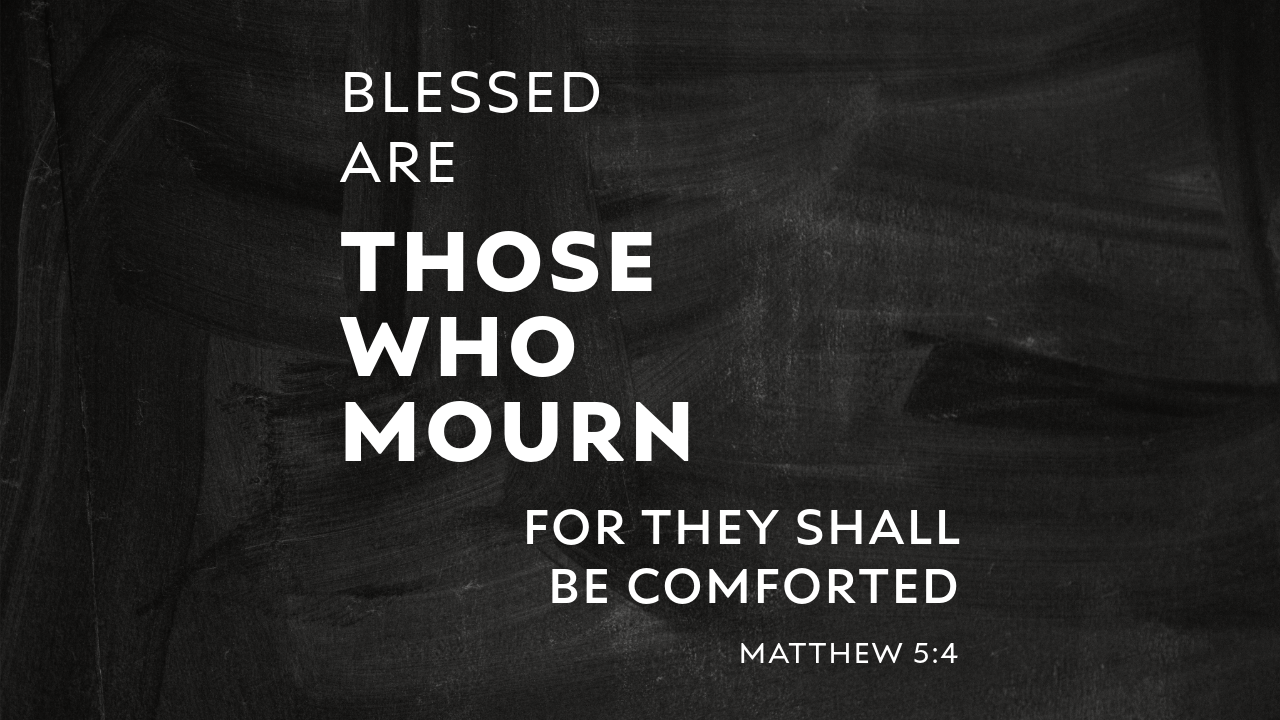
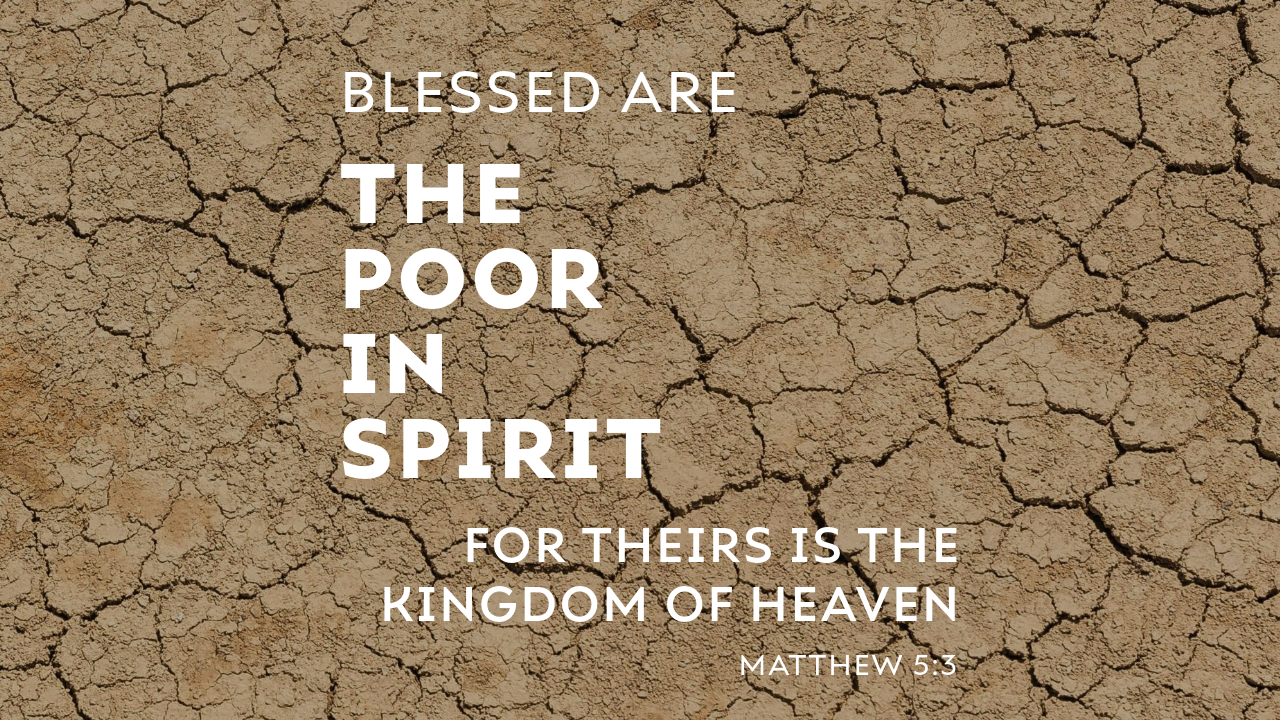





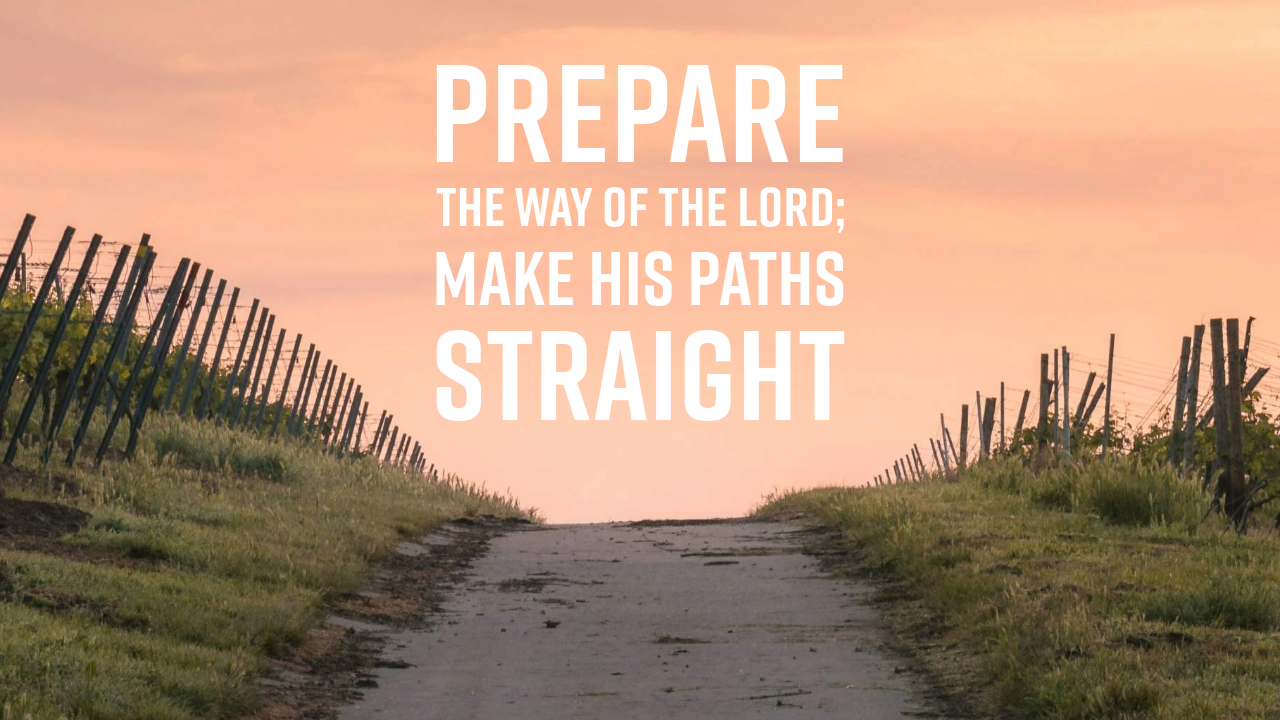




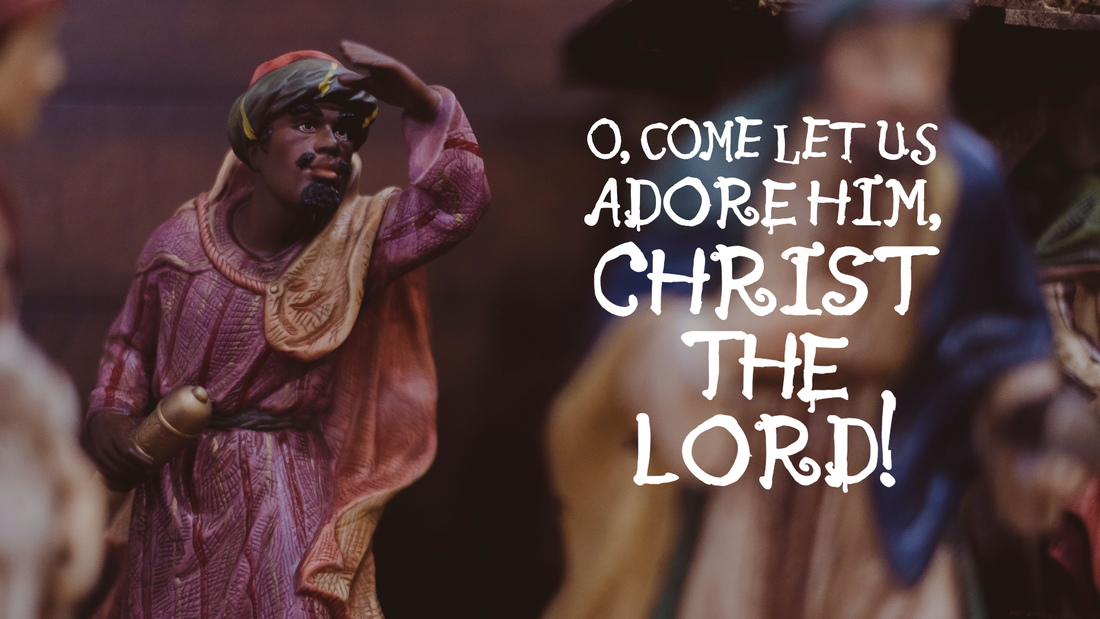
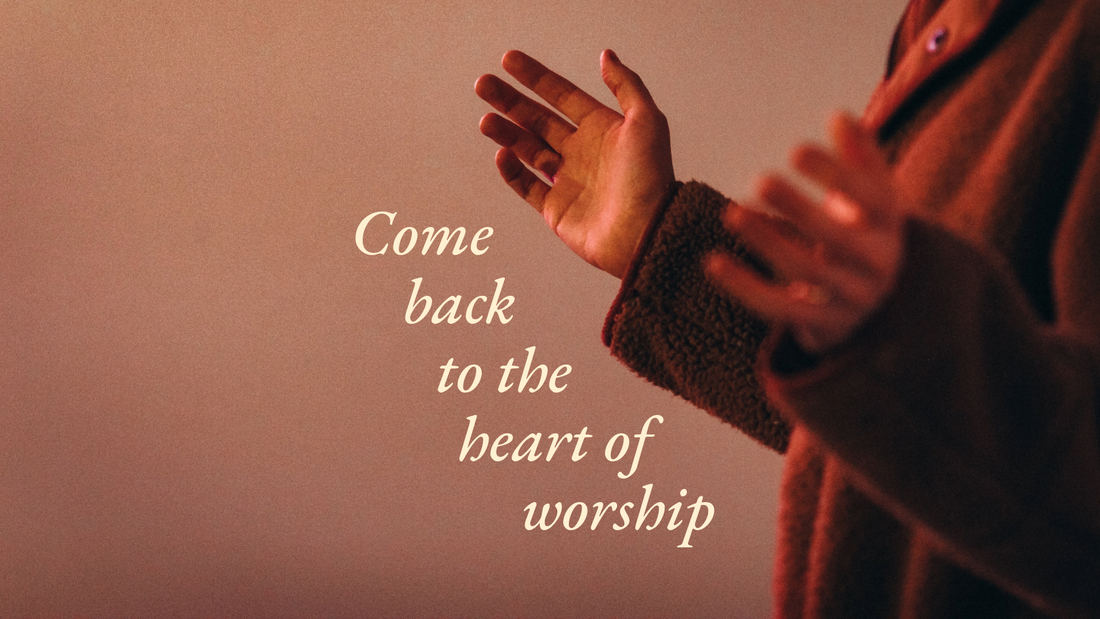

 RSS Feed
RSS Feed